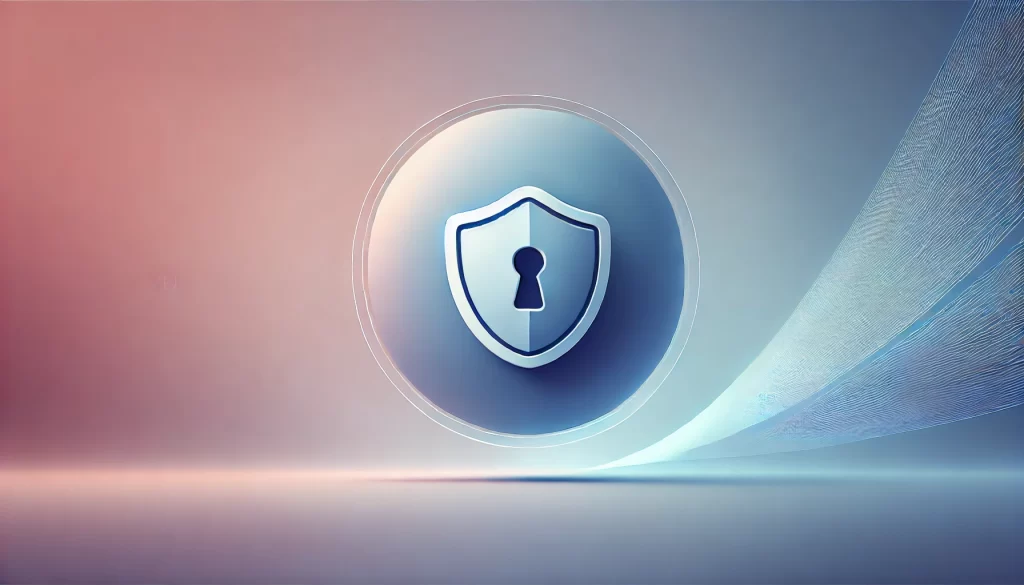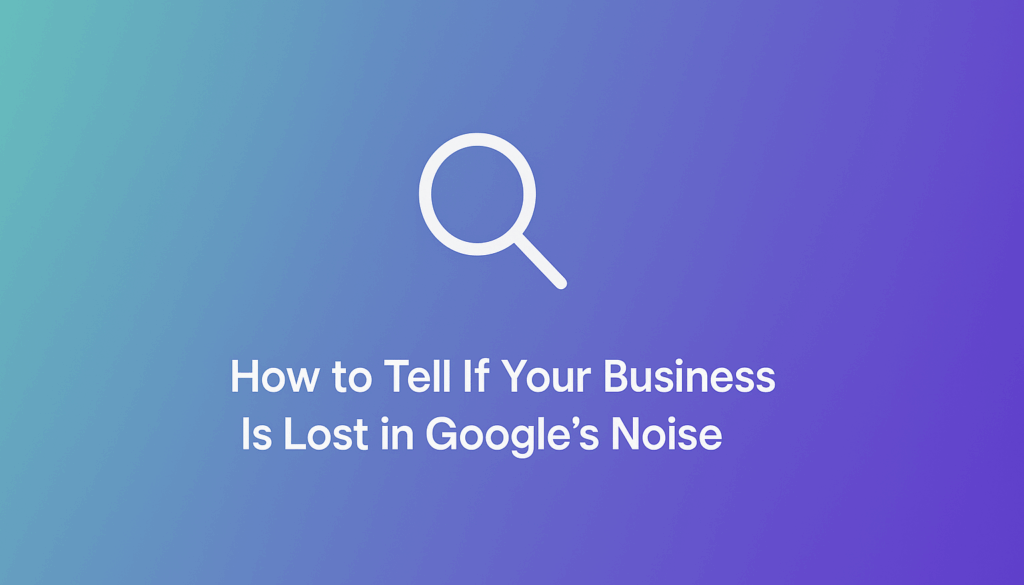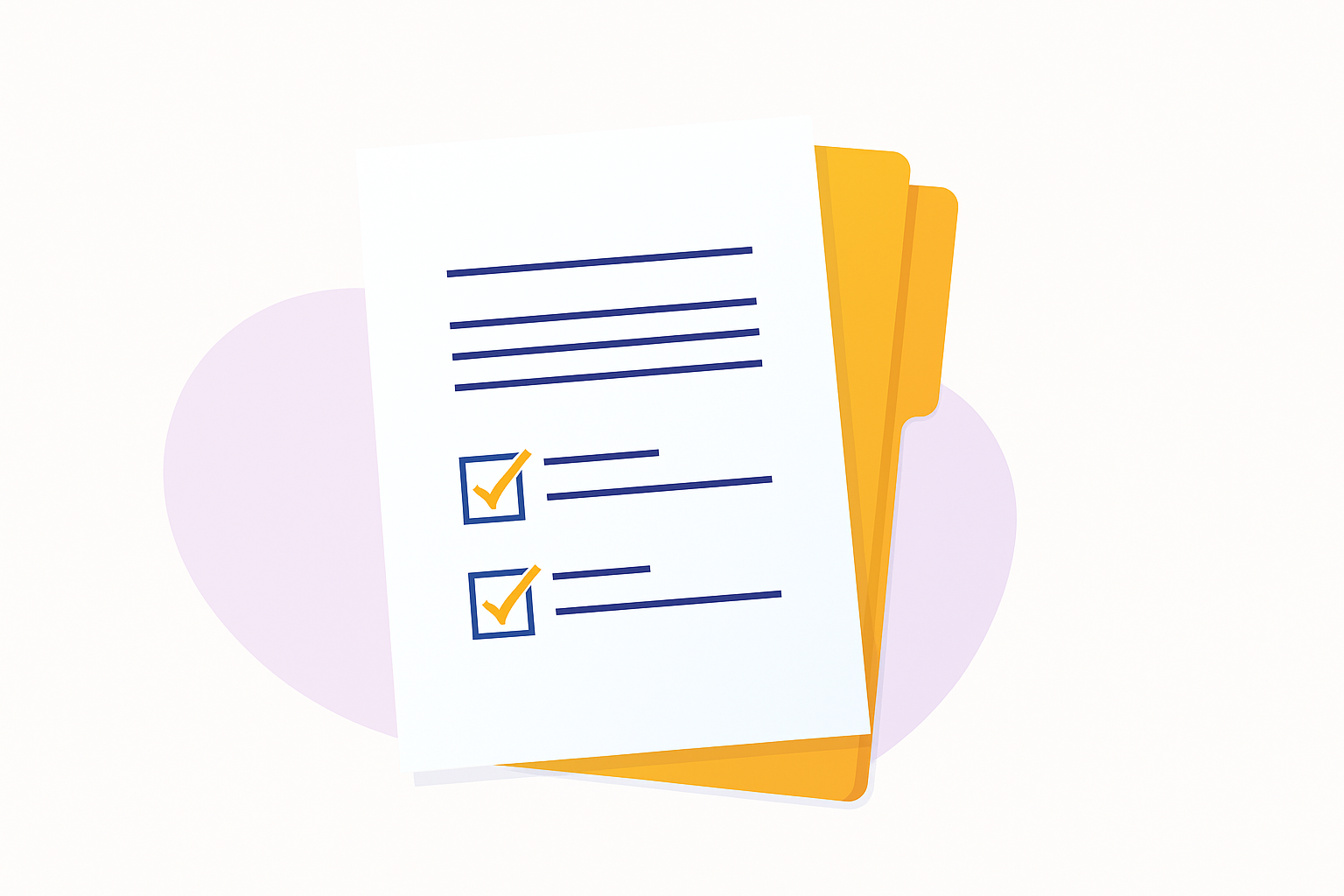Are you ever bothered by how much of your personal information is exposed online? Every time you search for something online or shop from a website, your data can be seen by website owners, advertisers, and even cybercriminals.
To save yourself from all these things, you need a Virtual Private Network, or as you might know it by the name VPN. According to the latest data, 46% of the adults currently use VPNs for security reasons.
If you’re interested in learning more about VPNs and how they work, keep reading. We’ll explore what they are, how they work, and their advantages.
Let’s go.
Contents
What is a Virtual Private Network (VPN)?
A VPN is a service that enhances your online privacy and security by creating a secure and encrypted connection between your device and the Internet. It creates a shield around your internet activities and hides your real IP address.
This makes it difficult for websites, advertisers, and even hackers to track your activities or access any of your information. This extra layer of protection keeps your passwords, financial information, and other personal details secure while you browse the web freely. Using a VPN online has become an essential tool for anyone concerned about their privacy.
VPNs are commonly used by individuals who value their privacy but also play a significant role in a particular business. Companies often use VPNs for remote workers so those employees can securely access internal networks from anywhere in the world. VPNs are also popular for bypassing geo-restrictions and many other things we’ll discuss later.
How Do VPNs Work?
A VPN service creates a secure and encrypted tunnel between your device and the Internet, ensuring that your data remains private and protected. When you connect to a VPN, it takes your internet traffic and passes it through one of its servers, which are located in multiple places around the world.
This means that your data doesn’t go directly to the website or service you’re browsing. Instead, it first goes through the VPN server, which hides your actual IP address and replaces it with the server’s IP.
This encryption process is the most important component of how VPNs work. They use various encryption protocols to scramble your data and make it unreadable to anyone who tries to intercept it. This means even if someone gets ahold of what you’re sending someone, they won’t be able to read it because of the encryption.
VPNs also allow users to select servers from various locations worldwide according to their choice. It makes it appear that you’re browsing from that particular company. This is helpful for accessing restricted content.
Types of VPNs
The different types of VPNs that are currently being used are:
1. SSL (Secure Sockets Layer) VPN
An SSL VPN is a type of browser VPN that provides secure access to users working remotely through a web browser. With it, instead of needing a dedicated application, users can connect to the VPN by entering a URL into their browser and simply logging in.
SSL VPNs are widely used by businesses to give employees secure access to company resources when they’re working from home. It doesn’t require any complex configurations.
2. Site-to-Site VPN
A Site-to-Site VPN is commonly used by companies that are in multiple locations. It provides a secure connection between different offices by creating a shared network across multiple sites.
This type of VPN service is usually set up between two routers, connecting the entire local network of one office to another. Site-to-site VPNs are ideal for organizations that want to share resources between offices in a secure loop.
3. Client-to-Server VPN
A Client-to-Server VPN or Client-Based VPN connects an individual device directly to a remote server. The user must install a VPN software on their device for this to work.
It establishes a secure connection to the server and is the most common type of VPN used for personal use. With it, anyone can connect to a CPN server, browse the Internet securely, and access company resources.
Why Should You Use a VPN Connection?
It’s become extremely important to use a VPN if you’re accessing sensitive information on the internet. One of the reasons why you should consider using a VPN service is that it protects your privacy by hiding your real IP address and encrypting your internet traffic. It also secures your data on public Wi-Fi like the ones provided by airports, cafes, and hotels.
If you want to access geo-restricted content, then a VPN is the best way to do so. It also helps avoid bandwidth throttling (when ISPs intentionally slow down your internet speed). With the help of a browser VPN, you can easily stay anonymous online.
Summing Up
A VPN provides a powerful solution for protecting your privacy, securing your data, and giving you access to a more open internet. As more people become aware of the importance of protecting their online presence, using a VPN has become a necessity for anyone looking to protect their information.
Shahzad Ahmad Mirza is a web developer, entrepreneur, and trainer based in Lahore, Pakistan. He started his career in 2000 and founded his web development agency, Designs Valley, in 2012. Mirza also runs a YouTube channel, “Learn With Shahzad Ahmad Mirza,” where he shares his web programming and internet marketing expertise. He has trained over 50,000 students, many of whom have become successful digital marketers, programmers, and freelancers. He also created the GBOB (Guest Blog Posting Business) course, which teaches individuals how to make money online.




